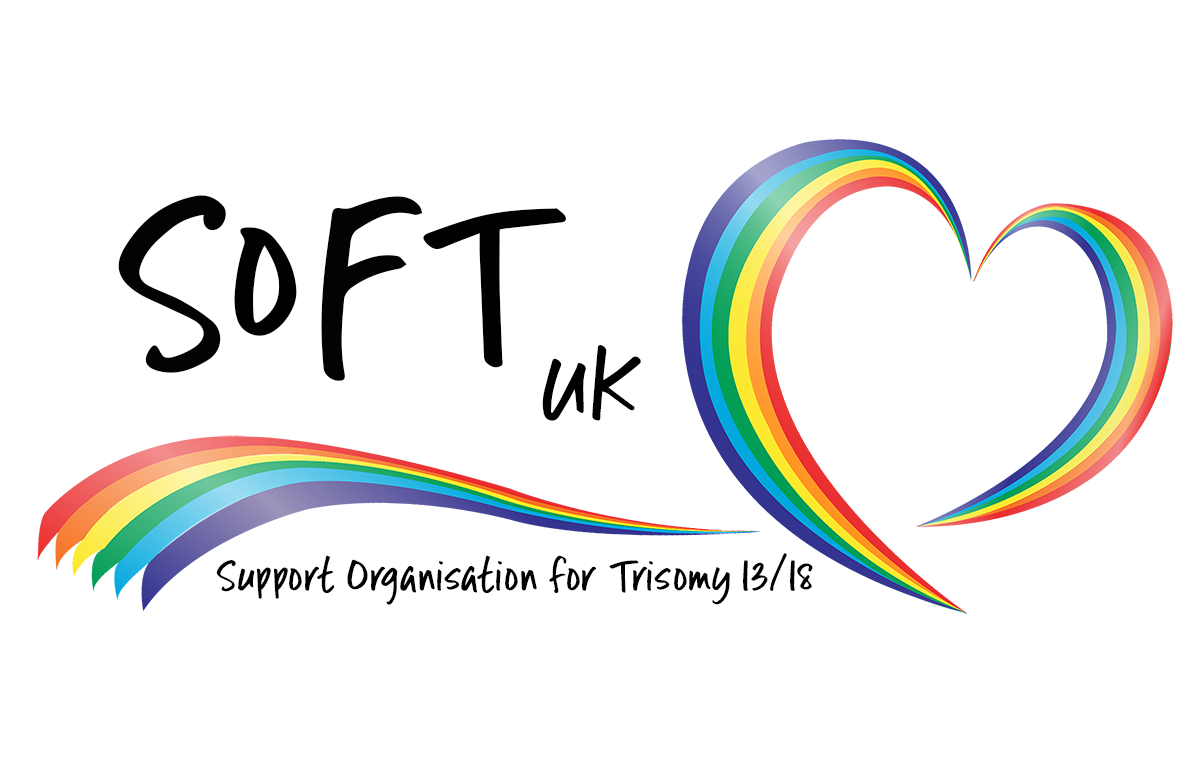Caring at Home
Some babies require the facilities of the Special Care Baby Unit only until breathing and feeding are established. These babies can then be transferred to a ‘baby ward’, and parents may have the option of taking a baby home when hospital care is not required. Specialised support should be arranged together with a structured care plan to prepare a family for problems that may arise. A care plan must be flexible to the changing needs of the baby or the family.
Social Care Supports
Families often don't know that they might be entitled to social care support to help them care for their baby or child at home. In all areas of the UK, there are circumstances in which disabled children meet the criteria for support from social work services. Supports can include things like carers coming into the home to help with care tasks, carers taking young people out to an activity, or respite services.
In Scotland, carers themselves have a right to assessment of their support needs.
Newlife have produced a handy to guide to help families start to get their heads around the potential for Social Care services to support them. It is available from their website.
Moving and Handling Needs
Many children as they grow will start to have moving and handling needs. Its important for both children and their carers that everyone supporting them knows how to move them safelty. The Scottish Government has produced a guide to the Moving and Handling of Young People. This is designed as an easy read guide for anyone supporting disabled young people.
For more information about how to safely lift and move children with complex health needs, including lifting techniques, equipment and avoiding back pain, please look at this page of our website.
Hospice Care
If there is a Children's Hospice in your area, they may be able to provided ‘home from home support’. Families taking a baby home should be informed about physiotherapy, respite and shared care, and state allowances. Have a look at our list of hospice resources across the UK here.
Therapies
Physiotherapy and gentle massage can begin as soon as baby is well enough in hospital or comes home. Babies with Trisomy 13 and 18 clench their fists in a characteristic way and a physiotherapist can demonstrate the correct way to give the baby gentle massage and stretching exercises.
Chest physiotherapy assists in the prevention of chest infections, and a good seating position from a few weeks old will improve head control and aid mucus drainage. Parents can learn how to use a suction machine if needed.

